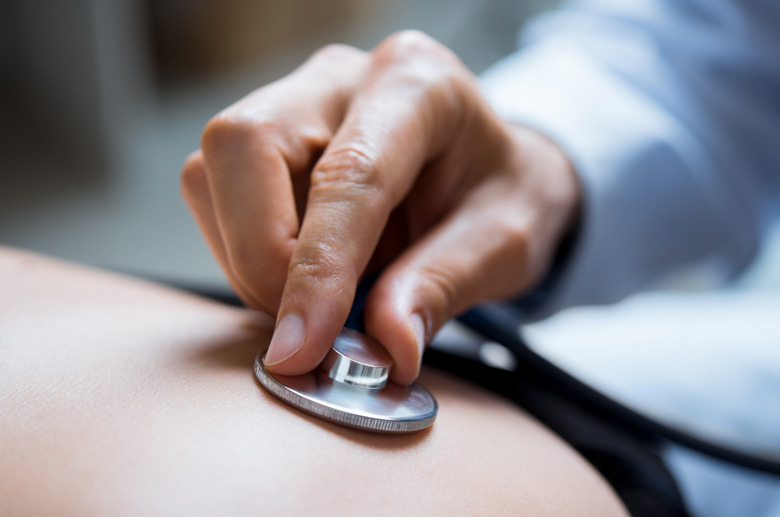Functions Of Human Organs
Every system in the body has organs that produce the necessary functions for life. Each human organ is comprised of tissue that enables its function. For instance, the proteins synthesized in the lungs are entirely different than the proteins synthesized in the heart. Human systems include the digestive, nervous, cardiovascular, endocrine, lymphatic and respiratory functions. These systems contain major organs that provide daily functions to sustain life.
Brain
Brain
The brain is the central controller for the human body. The brain is a part of the nervous system, which sends electrical impulses to the body for both autonomous and voluntary functions. The brain keeps the heart pumping blood, gives muscles voluntary control, and provides memory and thought. The brain also receives sensory information like sight, touch, hearing, and smell.
Heart
Heart
The heart is a part of the cardiovascular system responsible for bringing blood to the various tissue in the body. The blood carries oxygen and white blood cells, which is a part of the immune system. The heart receives deoxygenated blood from veins and pumps it to the lungs where red blood cells pick up more oxygen for delivery. The blood is returned to the heart where it pumps oxygenated blood to all organs in the body.
Lungs
Lungs
The lungs are the major organ that provides oxygen exchange. The lungs contain tiny bronchiol alveoli, which is the site for absorption of oxygen and elimination of carbon dioxide. The oxygenated blood is then sent back to the heart to provide tissue with the necessary oxygen. The lungs also contain tiny cilia that push foreign objects out of the lungs. This leads to coughing to keep the lungs clear from bacteria, dirt, and smoke. Smoking causes these cells to die, making it difficult for lungs to clear.
Stomach and Intestines
Stomach and Intestines
The stomach is the major organ that holds food and sends it to the intestines for digestion and absorption. The pancreas and the gallbladder provide enzymes that breakdown the stomach contents, giving the intestines small molecules for absorption. The digestive system is also responsible for most water absorption in the large intestines. The metabolic waste is then sent down the colon and removed during bowel movements.
Kidneys
Kidneys
The kidneys are a part of the endocrine system. These organs provide the filtration system necessary for metabolic waste in tissue cells. For instance, nitrogen is a waste product from protein catabolism. Nitrogen is harmful to the body, so the kidneys remove this product from the blood and excrete it in the form of urea. The kidneys are also a point for water re-absorption. Beneficial materials like water and sodium are sent back to the body and waste is excreted through kidney function in the nephrons.
References
Cite This Article
MLA
Lysis, . "Functions Of Human Organs" sciencing.com, https://www.sciencing.com/functions-human-organs-5197309/. 13 March 2018.
APA
Lysis, . (2018, March 13). Functions Of Human Organs. sciencing.com. Retrieved from https://www.sciencing.com/functions-human-organs-5197309/
Chicago
Lysis, . Functions Of Human Organs last modified March 24, 2022. https://www.sciencing.com/functions-human-organs-5197309/
